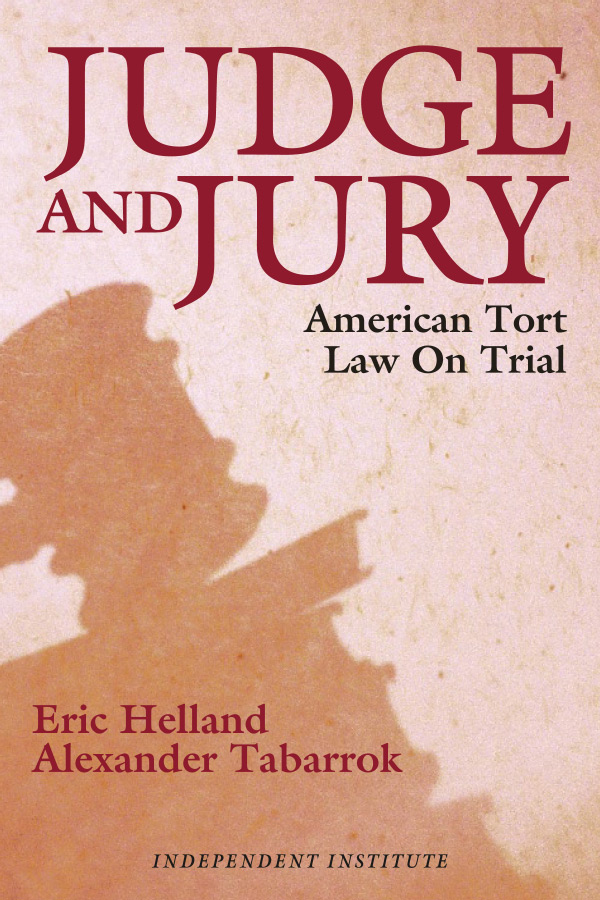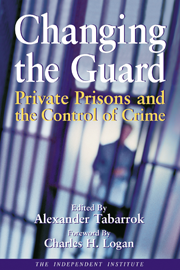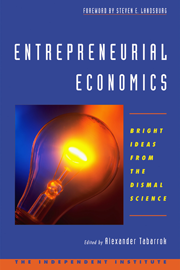Great economist by day and crusading public intellectual by night, Milton Friedman was my hero. Friedman’s contributions to economics are profound, the permanent income hypothesis, the resurrection of the quantity theory of money, and his magnum opus with Anna Schwartz, A Monetary History of the United States, 1867-1960, all stand as great achievements.
It’s true that in the pantheon of great twentieth century economists others hold their rightful place, Keynes was more revolutionary, Arrow more innovative and Samuelson more prolific but more than any other economist of the twentieth century Friedman was right. Inflation is always and everywhere a monetary phenomena? Obvious now but in Friedman’s time this was a battle cry. It was a battle Friedman won. Central bankers today are punished for high inflation rates and as a result inflation has disappeared as an economic problem in advanced economies. Fine tuning of the economy? Friedman was skeptical and while short-term monetary and fiscal policy have not been abandoned there is a much greater appreciation today that these tools are limited and error-prone. Moreover, Friedman’s focus on monetary rules and monetary stability, echoed by Nobelist James Buchanan’s focus on fiscal rules and fiscal stability, are now seen as important foundations for long-run economic growth not to be sacrificed at a moment’s notice.
On the biggest question of all, free markets or a command economy Friedman was of course resoundingly correct. Obvious? Not to as great an economist as Paul Samuelson who in his textbook repeatedly predicted that the Soviet Union would outgrow the United States!
But Friedman did not restrict his genius to the academy or even to his field of monetary economics, he used economics to forcefully argue for a better world. Friedman was a key player in ending the draft, he used the power of the Nobel prize to champion unpopular causes like drug legalization. He not only wrote about floating exchange rates he helped to bring them into being. The end of welfare as we know it? Friedman’s negative income tax was an inspiration.
To those of us who admired Friedman, we mark his death not simply to praise his past accomplishments but because we have lost a leader. Even at 94, Friedman was sharp, active and crusading. In his last decade he devoted considerable efforts to promoting school choice. In this respect, I think Friedman’s influence has not peaked and on that day when every child in the United States has a voucher good at any school, anywhere, when schools compete for students, and a thriving and innovative market in education is born then too we will praise Milton Friedman.
Milton Friedman loved liberty. Even today, chills run down my spine whenever I read the slashing opening to Capitalism and Freedom:
President Kennedy said, “Ask not what your country can do for you—ask what you can do for your country....” Neither half of that statement expresses a relation between the citizen and his government that is worthy of the ideals of free men in a free society.
Damn right.
On a personal note, Friedman inspired my book, Entrepreneurial Economics: Bright Ideas from the Dismal Science, in which I said Milton Friedman was the greatest entrepreneurial economist of the twentieth century. It was thus a real thrill for me and a bringing around of the circle when I sent him a draft and he wrote back praising the book (see the back cover!).
He will be missed.












